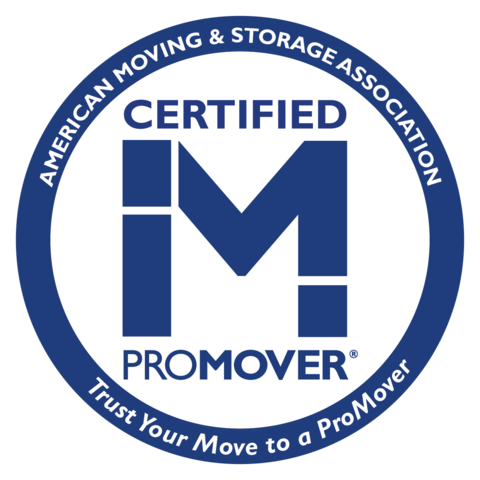METCALF MOVING BLOG
3 Tips When Moving Your Small Business Out of State
Running a small business is challenging. Still, the process can be relatively complicated if you move from one state to another. Unlike moving yourself and your belongings, transferring a company to a new state requires several steps.
Fortunately, knowing what these steps are ahead can save you a lot of hassle during the transition. So here are some things to know about how to move your small business out of state.
1. Figure Out Your Paperwork Situation
One essential element of running a business is establishing it as a legal entity. The primary entity types are sole proprietorship, partnership, LLC, and corporation.
If you’re running a sole proprietorship or partnership, you can continue the business when moving to a new state. However, you will need to cancel any local business licenses and permits. You should also start applying for these permits in your destination state as soon as possible once you have an address.
If you’re running an LLC or corporation, you must dissolve the company in the old state and register it in your new state. Also, if there are other owners or executives, they all have to agree to the move and the dissolution. You must also file a Certificate of Termination with your current secretary of state.
Some states have other rules when dissolving an LLC or corporation, so look those up before starting this process.
2. Create a Transition Plan
Ideally, moving from one state to another will help your business thrive. However, you likely can only shut some things down during the transition and start up again once you move.
Although you may have to close your LLC or corporation on paper, you need to figure out how to keep operations running as much as possible during the move. Some elements to consider are:
- Employees – Will any employees move with you, even temporarily, to get your new location started? Or must you start from scratch with a new team?
- Taxes – Work with an accountant to satisfy debts or tax liabilities before moving. You may also plan the move at the end of the fiscal year to avoid extra paperwork or headaches.
- Vendors and Suppliers – If you’re working with vendors, do they have locations in your destination state? If not, you must research where to get comparable supplies from a new provider. Also, if you have contracts with these suppliers, you may have to plan your move around those or potentially incur penalties.
3. Find a Moving Partner
One way to ensure a smooth transition is to let a moving company handle the logistics of getting all your equipment and supplies from point A to point B. This way, you can focus on customer support and your employment situation.
Look for movers with experience moving businesses of your size which will know how to handle fragile or potentially sensitive items (i.e., client documents).
Contact Us For Your Business Moving Needs!
We’re well-versed in helping companies of all shapes and sizes move to new states, counties, and cities. Let our team help your business stay open during the transition. Call us today!









